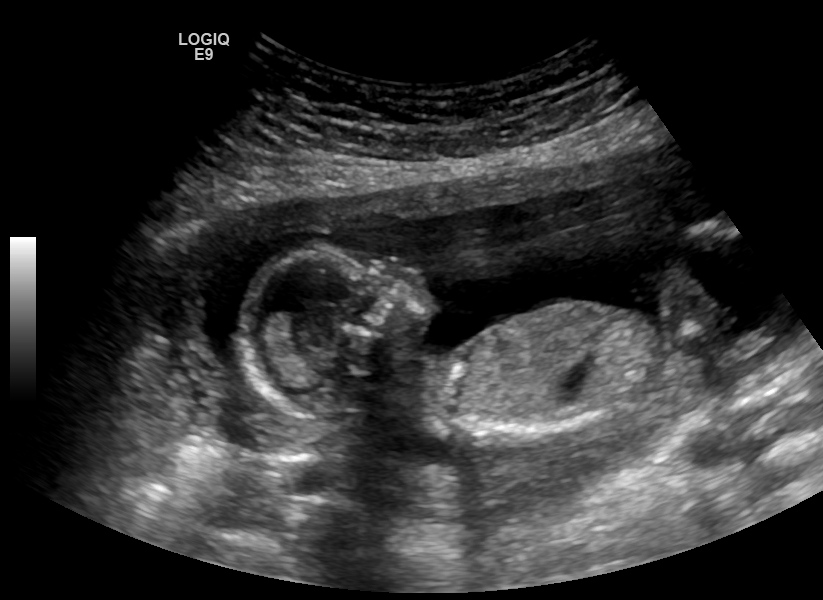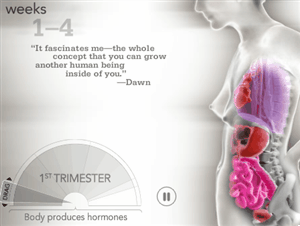It’s never fun to have a head cold — at least, I’ve never heard anyone say so — but it’s even worse when you’re pregnant.
First, your immune system is compromised. As awesome as the immune system is, it is not, apparently, so good at detecting the difference between a head cold and a baby. So to, as far as we know, prevent the body from rejecting the baby, a pregnant woman’s immune system is weakened. The practical upshot of this is that I get sick more easily, and when I get sick it hits me harder.
Second, pregnancy already causes some symptoms which just get worse when a pregnant woman has a cold. I’m already fatigued — bedtime these days is generally between 9 and 9:30. Throw on top of that the fatigue that sickness brings, and I was ready to go to bed by 7:30. Even worse, because of my increased blood volume[1], I already have slight nasal swelling compared to normal[2]. Add to that the clogging and swelling that comes from a head cold, and breathing becomes a chore. A miserable miserable chore.
Third, you can’t take most cold drugs. There are pretty strict restrictions on what drugs are advised during pregnancy, and most common cold drugs are on the “should not use” or “should only use if really necessary” list. Now, I don’t take a ton of drugs while sick, but a nice nasal decongestant when my head feels like it’s about to explode from sinus pressure is something I generally appreciate. But nope, not for me.
Finally, there’s the psychological effect. I know that women get common colds during pregnancy and it’s just fine for the baby. But still, I couldn’t help but wonder if the baby was okay. Was I getting enough liquids? Enough food? Do I have a fever? Ack!
But I’m all better (for now).
[1] Blood volume generally increases by 40-50% during pregnancy.
[2] I get bloody noses extra easily. Also blood gums when flossing.



